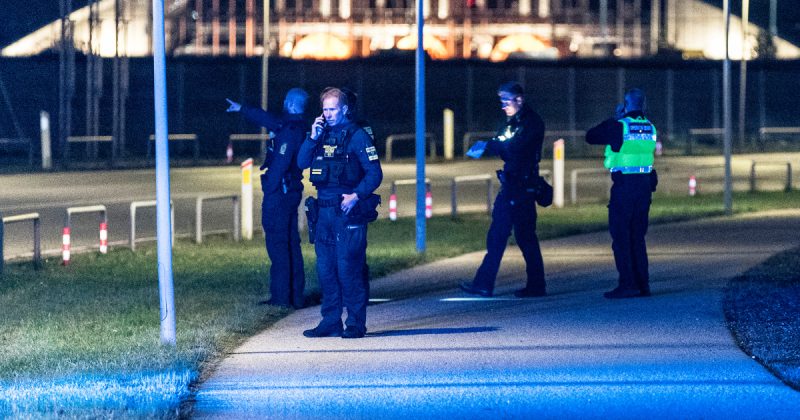
Copenhagen Airport, Scandinavia’s largest, was forced to close Monday night due to a suspected drone attack. Danish authorities described the incident as the most serious attack on critical infrastructure in the country’s history, with Prime Minister Mette Frederiksen hinting at potential Russian involvement. The airport reopened Tuesday morning after a thorough security sweep, but the incident raises serious concerns about the escalating tensions in Eastern Europe.
This wasn’t an isolated event. Oslo Airport in Norway experienced a similar closure on the same night, also due to drone sightings. While authorities haven’t definitively linked the two incidents, the timing and nature of the attacks certainly raise questions. The sheer scale and apparent sophistication of the drones used in Copenhagen suggest a level of planning and capability that warrants serious investigation.
The attacks follow a series of concerning incidents in the region, including suspected Russian airspace violations over Poland, Romania, and Estonia. These actions, viewed by NATO allies as probing their defenses, have led to calls for a stronger, more unified response. NATO is scheduled to discuss the recent Estonian airspace violation, and there’s growing pressure to implement tougher measures against Russia.
Polish Prime Minister Donald Tusk has pledged a strong reaction to any airspace violations, emphasizing the need for unwavering support from allies. Similarly, British Foreign Secretary Yvette Cooper warned of the risk of escalating the conflict further. The European Union is even considering the creation of a ‘drone wall’ along its eastern border to counter potential future threats.
The response from the Kremlin has been dismissive, labeling accusations as unfounded. However, the frequency of these incidents and the increasingly brazen nature of the attacks are difficult to ignore. The incident at Copenhagen Airport, in particular, highlights the vulnerability of critical infrastructure to this type of attack.
Meanwhile, Ukrainian President Volodymyr Zelenskyy arrived in New York for a series of diplomatic meetings aimed at securing stronger support against Russia. His visit underscores the urgency of the situation and the need for concrete action to address the growing threat.
The recent events, including a previous GPS jamming incident affecting a flight carrying European Commission President Ursula von der Leyen, paint a worrying picture of escalating tension and aggression in the region. NATO Secretary General Mark Rutte has characterized these incidents as part of a broader Kremlin campaign, demonstrating a clear pattern of concerning activity that demands a robust response from the international community.
The closure of Copenhagen Airport serves as a stark reminder of the evolving nature of warfare and the need for increased vigilance and coordinated action to protect critical infrastructure and deter further aggression.










